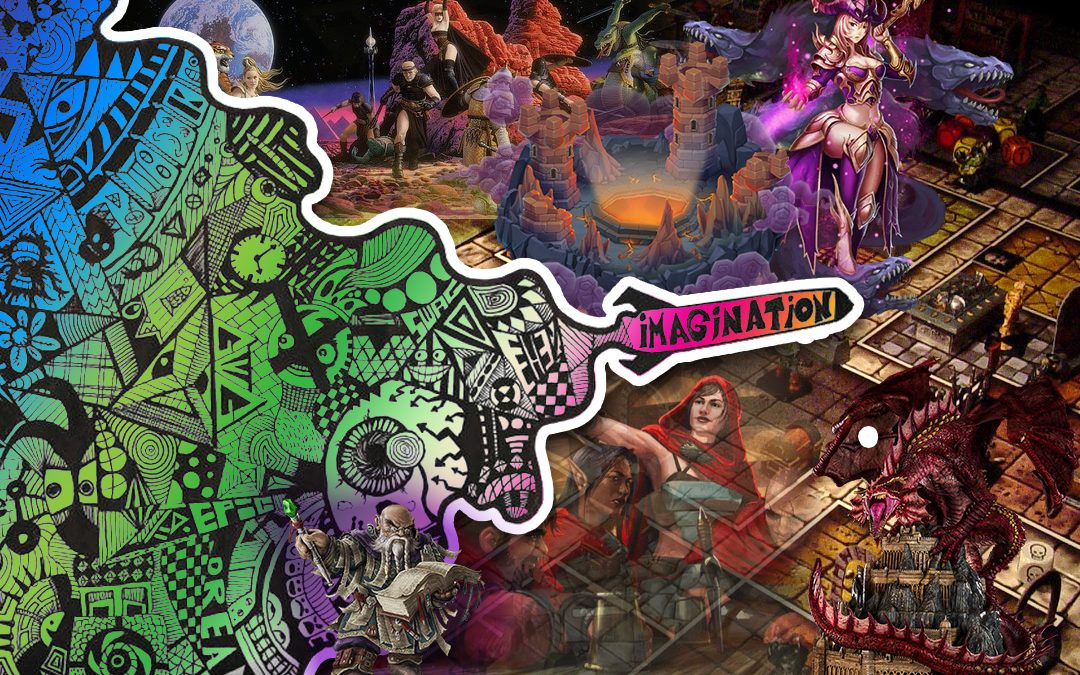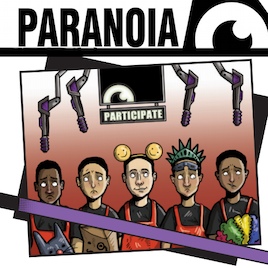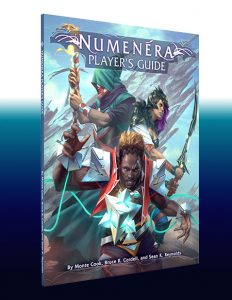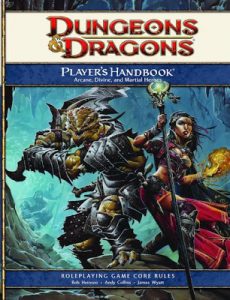There is no game created by a videogame studio yet that can match the infinite options tabletop RPG can open up for you. Human imagination has absolutely no boundaries and with a rules book keeping people from fighting each other, you´re in for hours of fun.
 The Boundaries Of Programming
The Boundaries Of Programming
If you belong to my generation you went through the transition between the first videogames and the modern computers. When it all started, programmers had a really hard time trying to come up with something believable in 8 bits. For those of us who played ATARI´s first models in the beginning of the 80s and then Nintendo´s NES, Sega´s Genesis all the way to the newest Sony´s Play Station, we know how much they have progressed.
All RPG games in computer or videogame console pursue the objective of creating a virtual world with as much perceived freedom as possible for players. The newest trends involve “wandering” scenarios, on-screen decisions and much more. This is an attempt in which a lot of money was invested. Still, the result is not infinite; you can always come across the boundaries set for the game. Same thing happens with players and their actions; all possibilities are already written.
Tabletop RPGs Are Godless Games
In this awesome article, a video-game aficionado and his 10-year old daughter play Star Wars RPG for an entire afternoon and despite the fact she was born in 2006 and there were no screens involved, the afternoon of playing lasted for about five hours. Most RPGs are wargames that involve deep strategizing and also creative resources from the players. This is, to me, a definitive turning point because this means that everything must come from you and there is no “waiting for a surprise” as it happens in video games. No steady path, no preconceived actions or profiles make RPGs truly godless games in which you don´t await something to be shown or given but take action.
Another great article in the theme was written for the Vice Magazine by a videogame enthusiast transitioning to tabletop RPG. It shows very clearly how the difference between a set-path story and a take-no-prisoners approach can result in enhanced fun. The creative boost of not waiting to see how the programmers have written the story that lies in front of you is endless. Creating characters with little nuances, unique characteristics and being resourceful enough to solve situations in a hilarious way is nothing short from amazing.
More Heads Create Better Than One
One of the biggest drawbacks of tabletop RPG games is that you need a certain logistics. Videogames consoles can be played at three in the morning wearing nothing but underwear and eating cold pizza. That is a huge difference between them: you need other people to play tabletop RPGs.
Boosted by that delicious moment of life that is the ending of the teenage years and the beginning of the youth, imagination was at its best.
Although it might seem as a disadvantage, it is actually a great advantage because of the richness in the outcome. The stories created during a session of tabletop RPG exceed by far the imagination and capabilities of a single individual.
Remembering the times in which I started out and we had a lot of time to spare brings a smile to my face. oosted by that delicious moment of life that is the ending of the teenage years and the beginning of the youth, imagination was at its best. We would spend hours thinking about little nuances and finding more and more details about my character and my friends´ ones. Just discussing and talking about how they will react in front of certain situations seemed the world to us.
Conclusion
Imagination that goes beyond the foreseen path is something hard to get these days. The next generations were born under the soothing light of a lit screen and are used to be spectators, to wait, to mold, but not to create freely. Even the use of social media molds creativity in a certain way. The art of imagination doesn´t have to fade and be lost, it is kept alive in tabletop RPGs.






